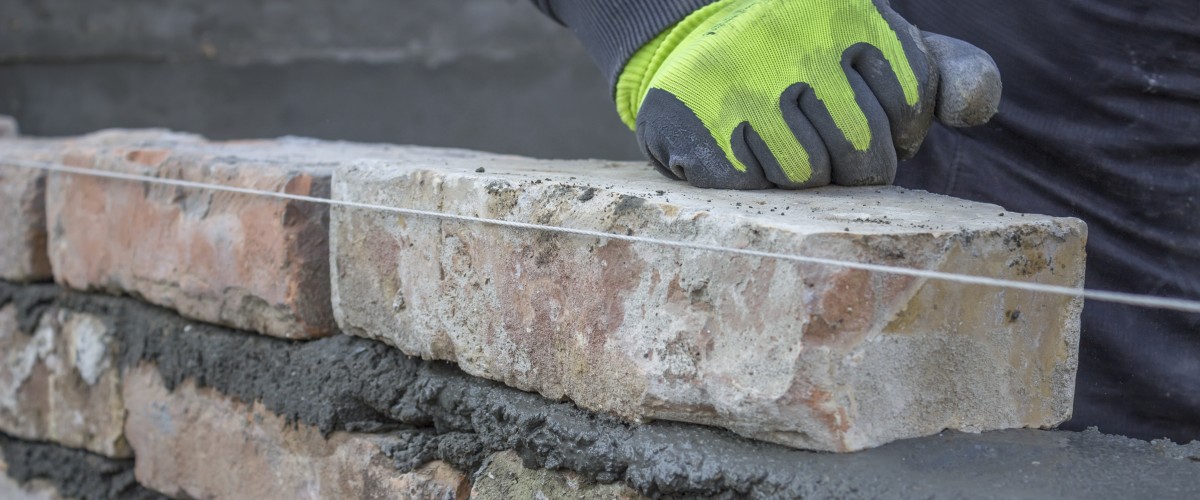
There are many different types of aphasia, and each type of aphasia can have different levels of severity—mild, moderate, and severe. Severity is a measure of how the speech and language (reading, writing, understanding, speaking) have been affected by the brain injury.
In severe aphasia, all speech and language input (reading, understanding) and output (gesture, speaking, writing) systems have been affected to the point that the person has retained very little ability in any of these areas. Speech may be limited to making sounds or to saying the same words over and over for everything (stereotypic speech). Examples of this are "baba bababa ba" or "that's it, that's it" or "sometimes water".
It can be difficult to determine what persons with severe aphasia actually understand, since yes and no questions frequently have no meaning. Someone may say "yes" to everything, even though you know that they don't mean "yes", or they may say "yes" when they mean "no"—it gets very confusing. In therapy, persons with severe aphasia can be very upset and angry because they have no idea what's going on or what they're supposed to do. Imagine that you had to spend 45 minutes a day looking at calculus equations while someone spoke to you in a foreign language about it.
Severe aphasia can be tough because you have to start at the very basics to establish some common ground. Unfortunately, a lot of therapy starts way above the person's level of functioning so they may or may not catch on for a while. At The Aphasia Center, we use personal contextual therapy all of the time, so our starting points revolve around familiar items. You have to find a common ground—if no one knows what the other person is saying/understanding, then you're wasting time.
With severe aphasia, there has been massive damage to the brain, and it takes time for the neurochemicals to balance, the scar tissue to form, and the "debris" to be removed. The brain has some healing to do. That's not to say that therapy shouldn't be done with severe aphasia days after the injury, but this is just to keep it in perspective. Severe aphasia may take longer to show improvements.
On that note, it's important to think about the idea of progress. Progress in severe aphasia may take longer to notice than in more moderate types of aphasia. If you imagine your brain, speech, and language systems as a building, with severe aphasia you're starting in the basement. To get to the first level, you have to climb some stairs. This process continues to improve over time and with therapy, but the outward, noticeable changes may be slower. This is especially true if the person's poor communication skills have become ingrained over years. There's a lot of foundation to be filled in before higher levels can be achieved.
Progress involves daily hard work, time, and motivation. Research shows that even people with severe aphasia can make progress with intensive aphasia therapy. We have one client who has come to the Center 1-2x a year for 5 years and her progress has been remarkable. We've taught her friends and caregivers how to do daily therapy with her, and it has really paid off. Don't give up hope, set reachable goals, practice daily, and seek professional help when needed.
Need inspiration? Look at some of our Case Studies-Results to see what's possible.
